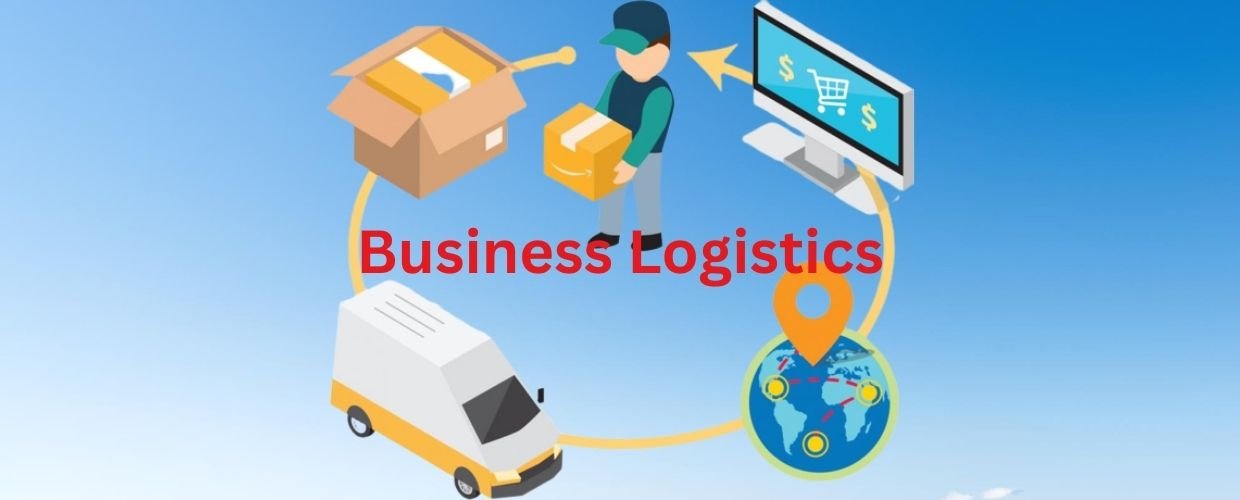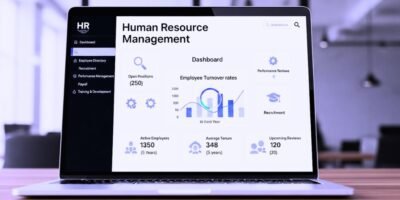In today’s fast-paced and interconnected global marketplace, businesses face increasing pressure to deliver products and services promptly while controlling costs. In this article, we will delve deeper into business logistics, exploring its key components, benefits, and role in driving competitiveness and overall efficiency for organizations.
Understanding Business Logistics
Business logistics involves a series of interconnected processes that facilitate the smooth flow of goods, services, and information from the point of origin to the final destination. These processes include procurement, production, inventory management, transportation, warehousing, and distribution. By effectively managing these activities, business logistics aims to ensure that the right products are available at the right place, time, and cost. Efficient business logistics, also known as supply chain logistics, is the backbone of successful organizations, as it ensures seamless coordination and optimization of various activities involved in the movement, storage, and distribution of goods and services.
Key Components of Business Logistics
To ensure that a business operates smoothly and efficiently, it is essential to have a well-functioning logistics system in place. Key components of business logistics include transportation, inventory management, warehousing, and distribution.
Procurement and Sourcing
Effective procurement and sourcing strategies are fundamental to business logistics. Sourcing involves identifying reliable suppliers and negotiating contracts for raw materials, components, or finished goods. Organizations can ensure a stable supply of high-quality materials at competitive prices by cultivating strong supplier relationships and adopting strategic sourcing practices.
Inventory Management
Inventory management is a balancing act that requires maintaining optimal stock levels. Excess inventory ties up capital and incurs storage costs, while inadequate inventory can lead to stockouts and missed sales opportunities. Employing inventory management techniques like Just-In-Time (JIT) and Economic Order Quantity (EOQ) helps strike the right balance, reducing carrying costs and ensuring products are available when needed.
Warehousing and Distribution
Warehousing is the linchpin between production and distribution. Efficient warehousing facilities enable organizations to store and manage inventory effectively. Implementing modern warehousing practices, such as cross-docking and automated order processing, accelerates order fulfillment and improves delivery timelines.
Transportation
Transportation is critical to business logistics, determining how goods move between locations. The transportation mode choice depends on distance, product characteristics, urgency, and cost considerations. Well-planned transportation strategies optimize delivery times and reduce shipping costs, contributing to overall supply chain efficiency.
Information and Technology
In the digital age, data-driven decision-making is imperative for efficient business logistics. Advanced technologies like Enterprise Resource Planning (ERP) systems, Transportation Management Systems (TMS), and Internet of Things (IoT) devices offer real-time visibility into inventory levels, shipment tracking, and overall supply chain performance. Leveraging this information enhances operational agility and responsiveness.
Benefits of Business Logistics
An efficient and well-designed logistics system can bring numerous benefits to a business, including improved customer satisfaction, streamlined operations, cost savings, and increased profitability.
- Cost Efficiency: Effective business logistics streamlines processes, reduces redundancies, and minimizes operational costs. Businesses can achieve cost savings and bolster their bottom line by optimizing transportation routes, consolidating shipments, and employing efficient warehousing practices.
- Improved Customer Satisfaction: Meeting customer expectations is crucial for retaining a loyal customer base. Efficient business logistics ensures that products are delivered accurately and on time. This reliability enhances customer satisfaction, fosters trust, and promotes positive word-of-mouth, increasing customer loyalty.
- Enhanced Operational Efficiency: Streamlined logistics processes translate into enhanced operational efficiency. By identifying and eliminating bottlenecks, businesses can respond more effectively to changes in demand and market dynamics. This agility allows organizations to stay ahead of competitors and capitalize on emerging opportunities.
- Competitive Advantage: Supply chain excellence can be a crucial differentiator in a competitive business landscape. Effective business logistics enable faster response times to customer demands, greater flexibility in adapting to market shifts, and improved inventory management, all contributing to a competitive advantage.
- Risk Management: Business logistics incorporates risk management practices to mitigate potential disruptions in the supply chain. From natural disasters to geopolitical events, having contingency plans in place helps businesses respond promptly and minimize the impact of unforeseen circumstances on their operations.
Conclusion
Business logistics is a foundational pillar of supply chain management, contributing significantly to the efficient movement, storage, and distribution of goods and services. Organizations can achieve cost efficiency, improve customer satisfaction, enhance operational effectiveness, gain a competitive edge, and mitigate risks by optimizing procurement, inventory management, transportation, warehousing, and leveraging technology. Embracing effective business logistics practices empowers businesses to navigate challenges, adapt to evolving market conditions, and achieve sustainable growth in the dynamic and interconnected global marketplace. In pursuing business success, investing in robust logistics capabilities is no longer a choice but a strategic necessity.













